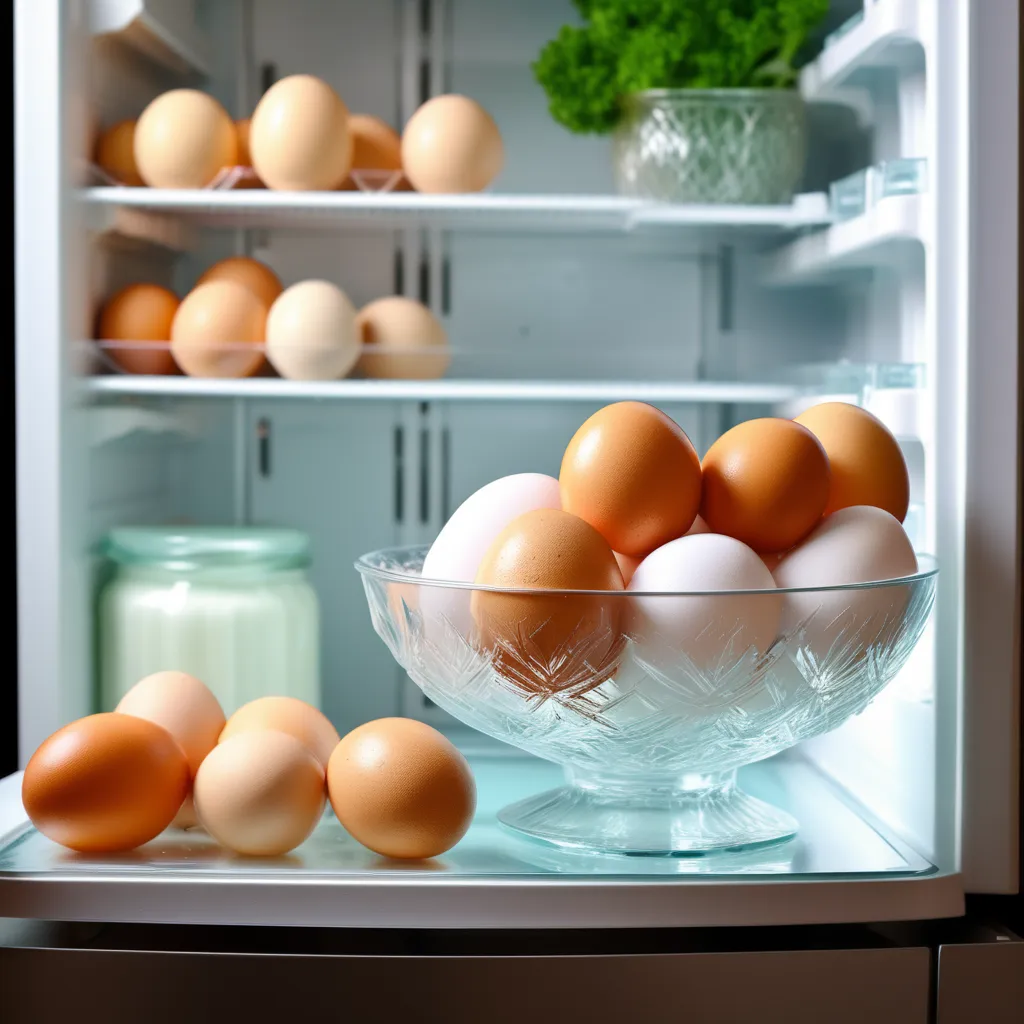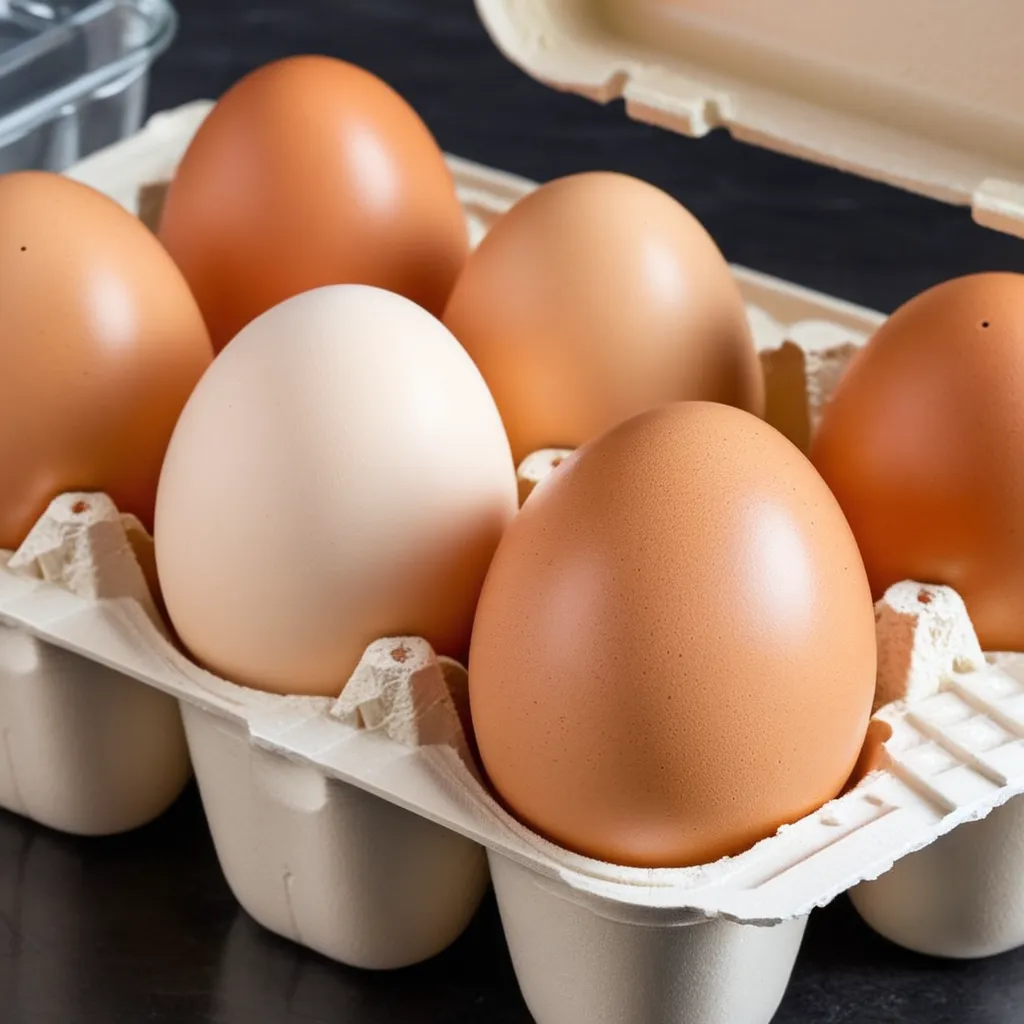how long do eggs last in the fridge
Cracking the Code: How Long Do Eggs Last in the Fridge?
Eggs are a staple in many households, but when it comes to their shelf life, questions often arise: "How long do eggs last in the fridge?". In this comprehensive guide, we'll delve into the factors influencing the longevity of eggs, storage tips for maximizing freshness, and how to determine if an egg is still good to use.

Understanding Egg Freshness
The freshness of eggs is influenced by various factors, including their source, storage conditions, and handling. To ensure you make the most of your eggs, let's explore the timeline of their freshness:
1. From Farm to Store:
Eggs are typically laid by hens and then undergo processing before reaching stores. The time it takes for eggs to transition from the farm to the store can vary, affecting their overall freshness upon purchase.
2. Packaging Date:
Many egg cartons include a packaging or "sell by" date. This date provides a general guideline for freshness but may not be the sole determinant of an egg's viability.
3. Storage Conditions:
Once at home, how you store your eggs plays a crucial role. Refrigeration is key to slowing down the aging process and extending their shelf life.
How Long Do Eggs Last in the Fridge?
The refrigerator is a safe haven for eggs, but their freshness doesn't last indefinitely. Here's a general guideline for how long eggs can last when properly refrigerated:
1. Raw Eggs:
Raw eggs, whether in the shell or cracked into a container, can last in the refrigerator for approximately 3 to 5 weeks. It's crucial to store them in their original carton to prevent absorption of odors and flavors from the fridge.
2. Hard-Boiled Eggs:
Hard-boiled eggs, once peeled, have a shorter shelf life and should be consumed within 1 week.
Checking Egg Freshness
While the dates provide a guideline, you can perform a simple test to check the freshness of an egg:
1. The Float Test:
Place an egg in a bowl of water. Eggs that are fresh will descend to the bottom and rest horizontally on their sides. As eggs age, they stand upright on the bottom, and if they float, they are no longer fresh and should be discarded.
Maximizing Egg Freshness
Follow these tips to extend the freshness of your eggs:
1. Refrigerate Promptly:
Place eggs in the refrigerator as soon as possible after purchase to slow down aging.
2. Store in Original Carton:
Keep eggs in their original carton to protect them from odors and maintain freshness.
3. Handle with Care:
Handle eggs gently to avoid cracking, which can introduce bacteria and shorten their shelf life.

Conclusion
In conclusion, the freshness of eggs in the fridge is influenced by various factors, and understanding these can help you make informed decisions about their use. With proper storage and handling, you can ensure that your eggs remain fresh and safe for consumption.